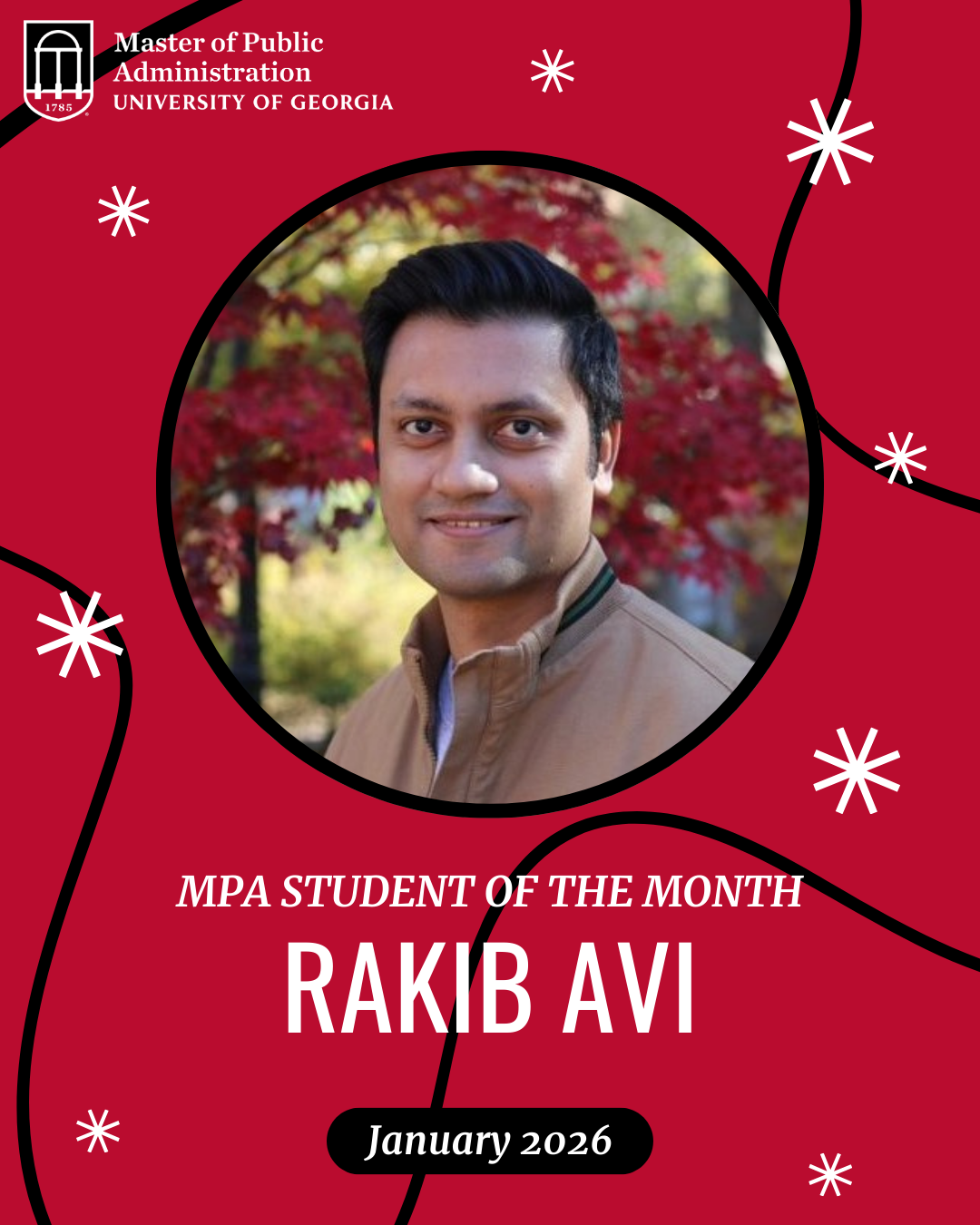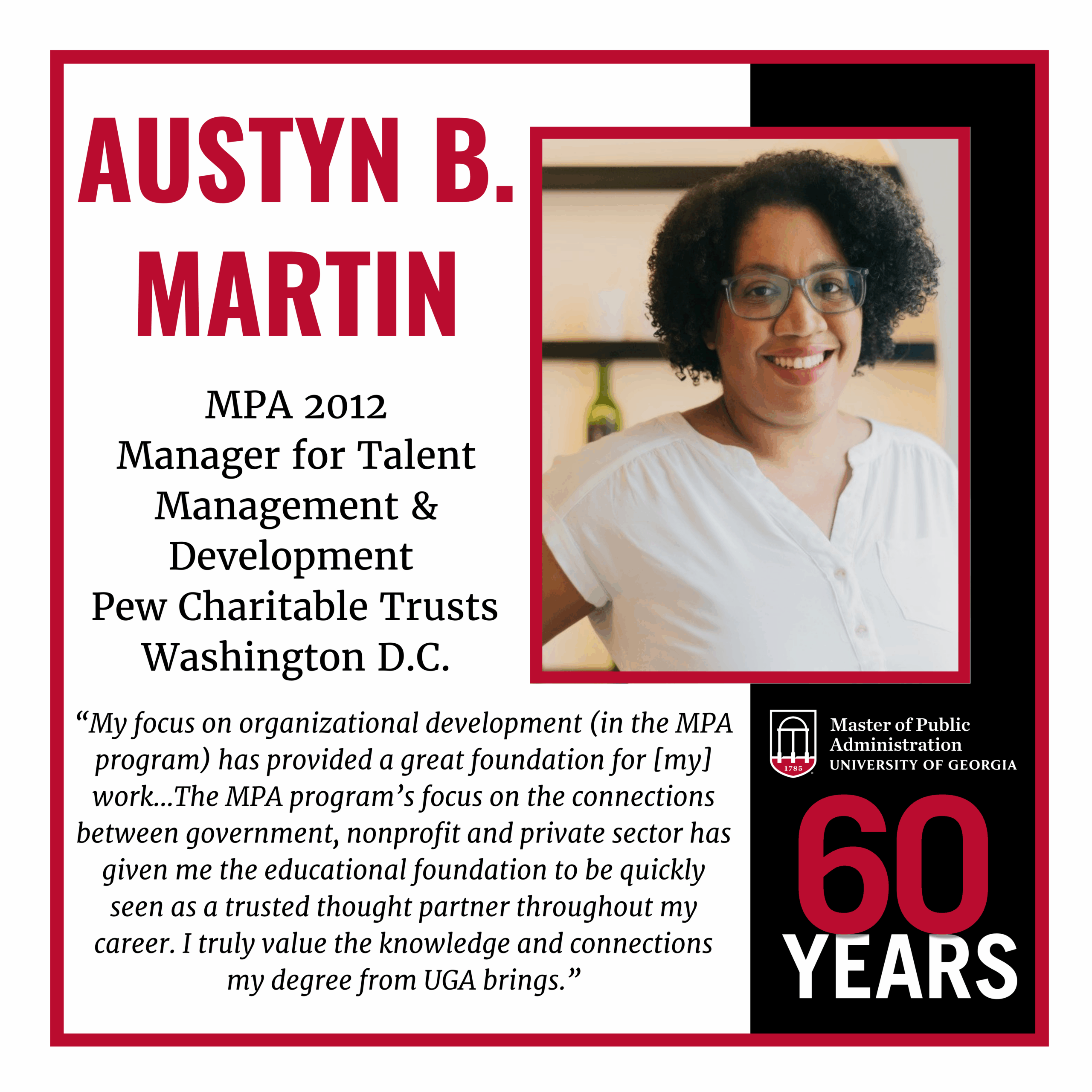By Ivan Ruiz-Hernandez
Growing up in the suburbs of Metro-Atlanta, my exposure to Latinx literature and scholarly works was limited. The experiences that I had were normally curated by the minimal Latinx community nearby or were in the form of lessons taught by my parents. Growing up as a Latinx person in the American school system meant encountering negative stereotypes both inside and outside of the classroom. It was always difficult to feel proud of my culture when I felt as if I was constantly being reminded of the ‘political burden’ the Latinx population had placed on the United States. While that reality has not radically changed, the University of Georgia has made academic ties to my culture seem more accessible than ever been before. Most notably, Dr. Gregory Thaler’s Environmental Politics course and Mr. Auerbach’s Political Economy course served as monumental moments in my college career that helped me connect with my culture in an academic way.
Within Dr. Thaler’s classroom, it was one of the first times that I saw Latinx authors on a syllabus. It was a refreshing moment to finally feel represented in an authentic way within the classroom and it has inspired a lifelong desire to continue researching Latinx affairs. In my own experience, having a member from my community being put under the spotlight to discuss community issues has been uncommon; therefore, having that experience truly made the college experience, not only more enjoyable, but more relatable. Moreover, Mr. Jeffrey Auerbach’s Political Economy course served as another instance of the university making Latinx issues more accessible. Mr. Auerbach knew of my passion for Latinx affairs early on and went out of his way to recommend literature relating to my interests and point me in the direction of professors who specialize in the Latinx field. Between Dr. Thaler’s and Mr. Auerbach’s courses, I was able to – not only advance my knowledge on Latin America – but also develop a deeper appreciation for the directive of the university in making minority populations feel more welcome in the academic community.
Looking forward, I understand that the reality of being a Latinx person in the South is challenge that can sometimes dampen the excitement of attending the University of Georgia. However, from my own experience, I have come to find that there are people everywhere who will continue to go out of their way to make you feel welcome. Dr. Thaler and Mr. Auerbach are two of many people that I have had the pleasure of connecting with on my academic journey – each one has devoted extensive time and effort into helping me find my niche in the university’s academic community. As I quickly approach the end of my undergraduate career, I have had the opportunity to reflect on my own growth as a student. I concluded that, if I could do it all over again, I would still attend the University of Georgia. I firmly believe that – in addition to the assistance that I received from professors in learning more about Latinx affairs – it was the struggle of defining my identity within an academic setting that bolstered my desire to devote my career to my community. I have learned that the Latinx people have much to offer, and I am proud that I have the opportunity and support – to not only continue developing myself as a student – but to continue to empower other members of my community.








